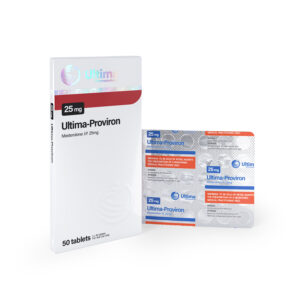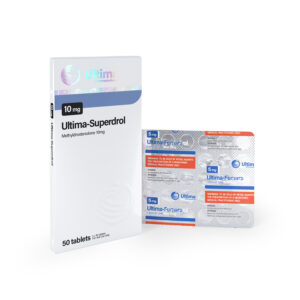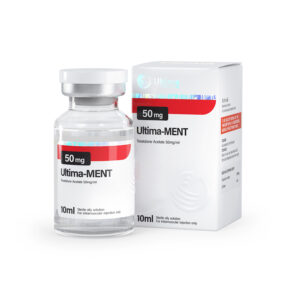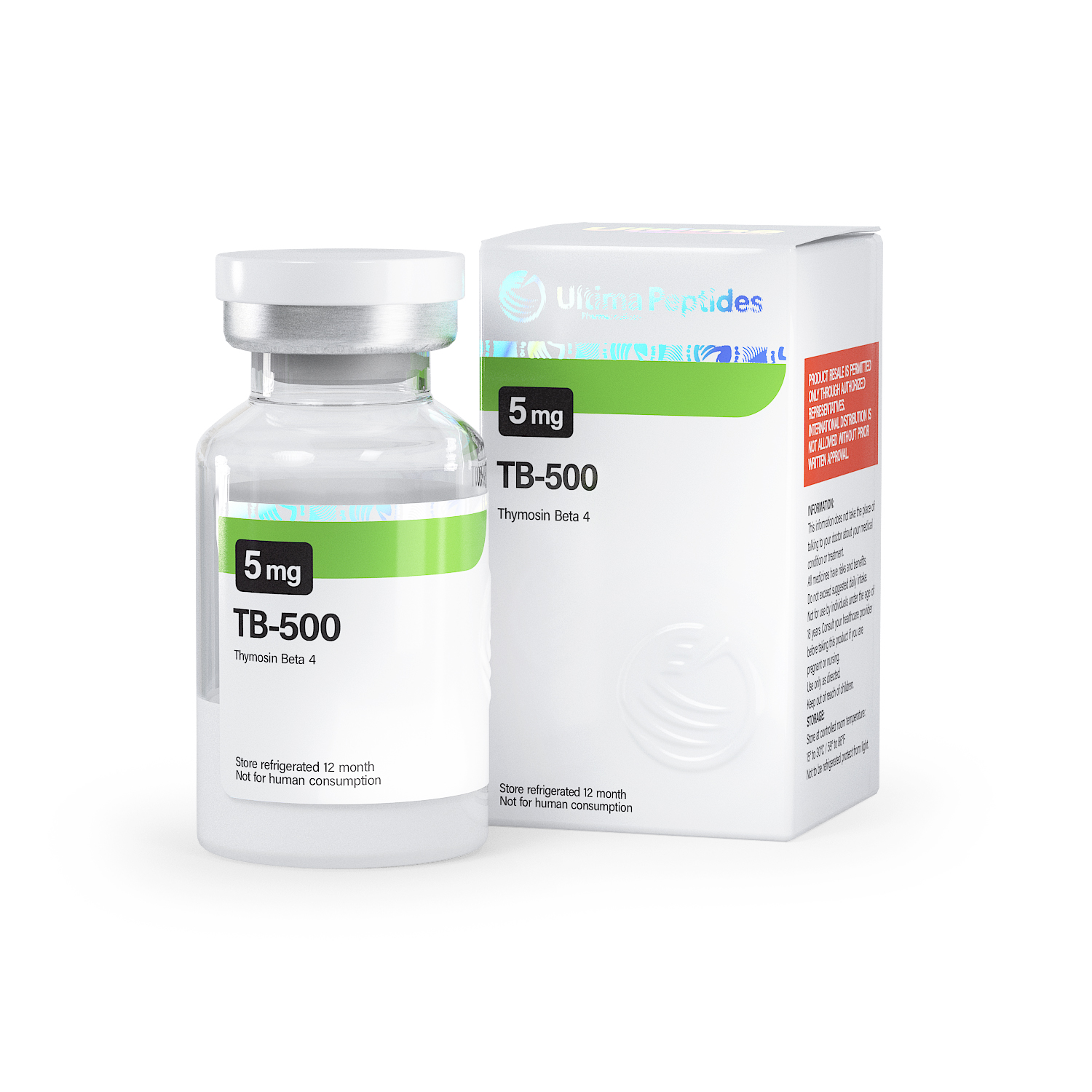Ultima-Thymosin Beta 4 (TB-500) 5mg
Thymosin beta-4 1 vial x 5 mg
$64.00
Product is shipped without brand labeling for safety reasons.
TB-500, also known as thymosin beta 4 (TB4), is a synthetic peptide version of a natural healing protein found in nearly all human and mammalian cells. Research has shown that TB500 has beneficial effects on wound healing, injury recovery, flexibility, and inflammation. These desired effects are achieved by TB500 affecting blood cell and blood vessel development, cell differentiation, and cell migration. A large part of its healing ability comes from the peptide’s regulation of actin, a cell-building protein essential for healing and wound repair.
Dosage of TB-500
TB500 is a lyophilized powder. Studies have shown that best results are obtained when 0.9% bacteriostatic sodium chloride is used to reconstitute the thymosin peptide. doses of TB 500 range from 5 mg to 20 mg per week. Dosing is generally divided into 2-3 doses per week. Once the peptide has accumulated in the body, the weekly dose is generally lowered slightly to a maintenance dose of about half or less of the original weekly dose. Maintenance doses can be given as often as once a week.
TB500 is usually injected subcutaneously, but can also be injected into the muscle if necessary.
Store TB500 at room temperature away from moisture. Vials should be light-shielded. Opened vials can be refrigerated for up to 8 days.
What is TB-500?
Studies of TB-500 have demonstrated multiple properties that have triggered a worldwide series of clinical trials on the potential efficacy of thymosin β4 in promoting the repair of wounds in the skin, cornea, and heart. Thymosin β4 is produced in the thymus gland and is present in high concentrations in wound fluids. As such, it has been observed to promote healing of injured tissues in the body.
TB-500 is a naturally occurring peptide found in high concentrations in platelets, wound fluid, and other tissues. The TB-500 peptide for research is not a growth factor, but rather a major actin-regulated protein peptide; TB-500 has been found to play an important role in the protection, regeneration, and remodeling of injured or damaged tissue. The gene for thymosin β4 has also been found to be one of the first genes to be stimulated after injury.
Found in almost all human and animal cells, thymosin β4 is a naturally occurring wound-healing peptide; TB500 is a synthetic version of TB4 that promotes healing and recovery by helping to build new blood vessels, muscle tissue fibers, and blood cells and by promoting cell migration. For overworked or injured individuals, TB 500 offers a very attractive wound-healing effect.
How TB 500 works
TB 500 aids recovery by acting on actin. By upregulating this intracellular protein, TB 500 is able to harness the positive effects of actin. This includes the promotion of cell migration and proliferation. As a result, new blood vessels are formed and inflammation is controlled, thus optimizing healing and recovery. In addition, TB500’s unique molecular structure allows it to travel long distances throughout the body. Additional beneficial effects of TB500 administration include reduced inflammation and increased flexibility. There have also been reports of hair regrowth and darkening.
what are the side effects of tb 500?
There are many positive effects associated with the use of Tb 500, including accelerated recovery, reduced inflammation, and increased flexibility. The peptide works very effectively in helping to heal slow-healing injuries to connective tissue, i.e., tendons and ligaments. Muscle injuries and skin injuries are also greatly aided. According to reports from users and researchers around the world, TB 500 appears to cause few, if any, serious side effects.
Most peptides generally cause lightheadedness and nausea upon injection. Flu-like symptoms are also prevalent, as are many other peptides. However, the incidence of these negative side effects caused by administration of TB500 is reported to be very low, if at all; TB500 appears to be a very well tolerated peptide among users.
The information on this website is not intended to be a substitute for the advice of a personal physician and is not intended to diagnose, treat, cure, or prevent any disease.
-
 Ultima-Proviron$101.00
Ultima-Proviron$101.00 -
 Ultima-Superdrol$37.00
Ultima-Superdrol$37.00 -
 Ultima-Ment 50$84.00
Ultima-Ment 50$84.00


